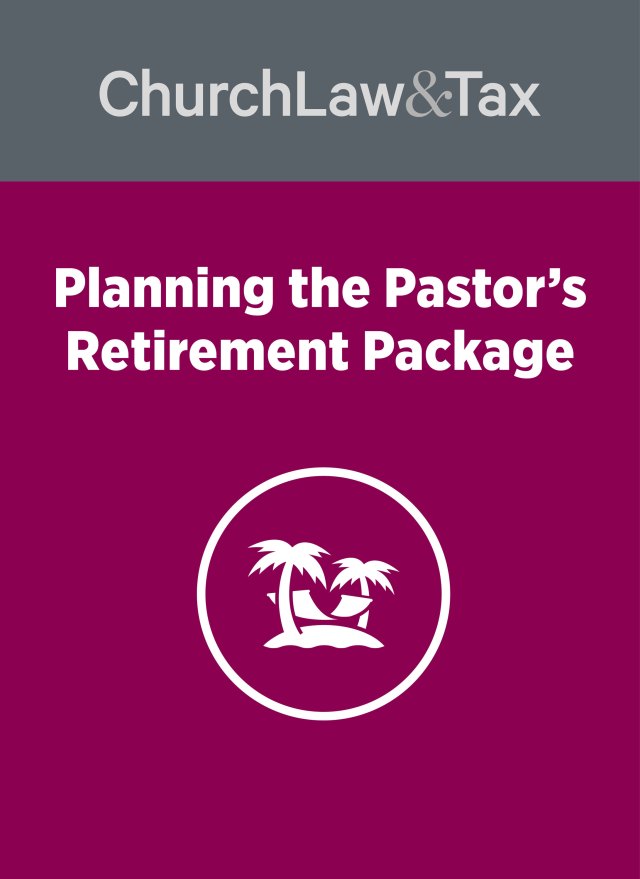• The United States Supreme Court has let stand a federal appeals court ruling that rejected a challenge to the treatment of churches under the social security program. As noted in the November-December 1987 issue of Church Law & Tax Report, churches are free to exempt themselves from the employer’s share of social security (FICA) taxes by filing a timely exemption application (Form 8274), but only at the cost of significantly increasing the tax liability of their nonminister employees who are thereafter treated as self-employed for social security purposes. Many churches that waived their liability for the employer’s share of FICA taxes have had to increase the compensation of their nonminister employees in order to offset the significant increase in taxes that such persons experience because of the church’s election (i.e., an increase from 7.51% of wages to 13.02%). This dilemma, argued a Baptist church in Pennsylvania, unconstitutionally restricts the religious freedom of churches by forcing them (contrary to their religious convictions) to divert church resources away from religious and charitable functions in order to enable employees to pay the increased tax liability. A federal district court and a federal appeals court both rejected the church’s claim, and the church appealed the case to the Supreme Court. On March 22, 1988, the Court refused to hear the case, thereby letting stand the federal appeals court’s ruling.
© Copyright 1988, 1998 by Church Law & Tax Report. All rights reserved. This publication is designed to provide accurate and authoritative information in regard to the subject matter covered. It is provided with the understanding that the publisher is not engaged in rendering legal, accounting, or other professional service. If legal advice or other expert assistance is required, the services of a competent professional person should be sought. Church Law & Tax Report, PO Box 1098, Matthews, NC 28106. Reference Code: m68 0488




